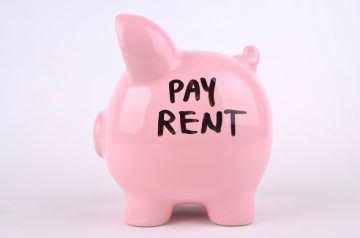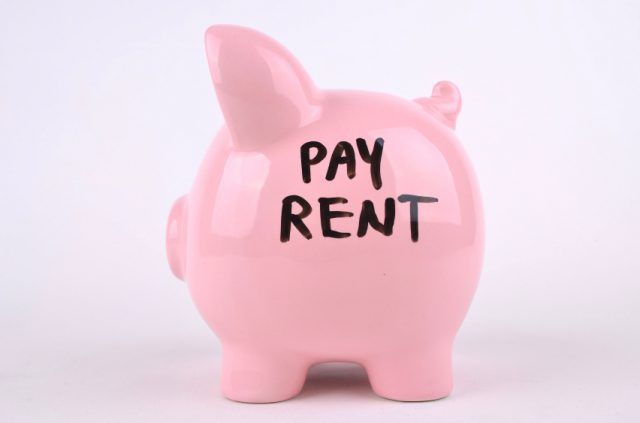Tenant demand increases for third straight month
The most recent report from the Residential Institute of Chartered Surveyors (RICS) reveals that new buyer enquires remained flat during February.
However, in the lettings market, tenant demand rose for the third consecutive month, with 15% more respondents to the RICS survey seeing an increase.
Increased Demand
However, this rise in demand is more modest than at the same period 12 months ago, when 29% respondents cited a rise.
New landlord instructions also fell, with a net balance of -10%. This is the slowest reading in over two years. This negative trend is likely to persist in the next couple of months, with changes to mortgage interest tax relief starting to take effect in April.
As a result, rental expectations remain positive, with 24% more people asked feeling good about the coming months. The survey reveals that respondents predict rents to rise by 2.7% in the next year.
During the next five years, this growth is expected to rise to 4.4% per year.

Tenant demand increases for third straight month
Challenges
Stephen Wasserman, Managing Director of West One Loans, noted: ‘The persistent supply vs. demand challenge plagues the property market, with landlords looking to capitalise on strong demand having to overcome sustained supply-side issues. The changes to buy-to-let taxation are likely encouraging some to put the brakes on their investments but, with many hungry renters, landlords shouldn’t walk away completely. Perseverance is likely to deliver results, and we’ve seen both in the BTL market and the linked bridging finance market a significant switch by professional landlords, to buying through limited companies and other methods to mitigate the tax changes.’[1]
‘The government and private sector are working to rectify the supply issue, but this will take time and there are opportunities for investors in the interim too. Indeed, at the end of last year we saw a significant recovery in the bridging loan market after stutters provoked by the summer’s economic storms. We anticipate this trend will continue as the housing supply is squeezed and investors are ever more likely to need quick and flexible financing options to enable them to move quickly and push deals across the line. The industry has to respond, there are opportunities out there and pace is key,’ Wasserman added.[1]
[1] http://www.propertyreporter.co.uk/property/tenant-demand-rises-for-third-consecutive-month.html







